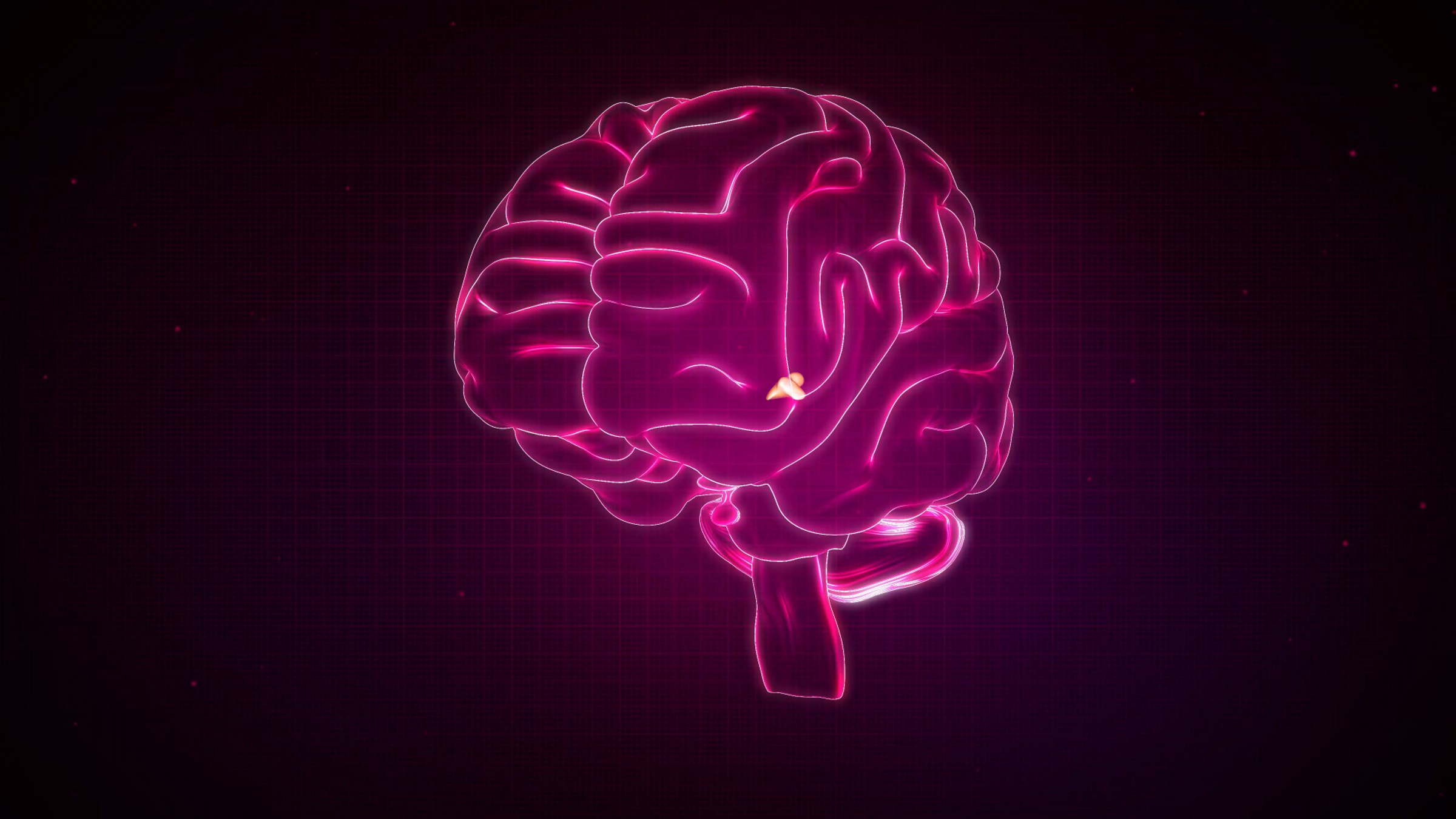Scientists may have found the missing link between heart disease and sleep problems
A new study suggests sleep problems often experienced by people with heart disease may be caused by damage to a group of nerves that regulate both the heart and the brain.

People with heart disease often develop dreadful sleep problems, and now, scientists have identified a direct link between these conditions for the first time in a new study in mice and human tissues.
Published Thursday (July 20) in the journal Science, the research shows that heart disease may derail the production of the sleep hormone melatonin in the brain due to damage to a group of nerves that innervate, or plug into, both organs — the superior cervical ganglion (SCG).
Found in the neck, these nerves are part of the autonomic nervous system, which regulates involuntary processes in the body, such as breathing and heart rate. Because nerves originating from the SCG connect to both the heart and the pineal gland — the tiny brain structure responsible for melatonin production — issues with the heart could explain why the body's melatonin-maker falls off track.
"Imagine the ganglion as an electrical switchbox," senior author Stefan Engelhardt, a professor of pharmacology and toxicology at the Technical University of Munich, said in a statement. "In a patient suffering from sleep disturbances following a heart disease, you can think of a problem with one wire causing a fire to break out in the switchbox and then spreading to another wire."
Related: Irregular sleep may increase your risk of dying from cancer and heart disease
The research is "important and timely," Brooke Aggarwal, an assistant professor of medical sciences at Columbia University who was not involved in the study, told Live Science in an email, noting that it "suggests a novel mechanism that may help to explain why those with heart disease are more prone to sleep disturbances."
She went on to caution, though, that "future prospective studies need to be conducted, as well as clinical trials of any potential treatments stemming from this mechanism."
Get the world’s most fascinating discoveries delivered straight to your inbox.
Struggling to sleep is a common side effect of heart disease — for example, up to 73% of people with heart failure experience symptoms of insomnia. Past studies have shown that melatonin levels are reduced in people with heart disease, but scientists didn't know why.
In the new study, researchers analyzed human brain tissue samples from deceased heart disease patients and from people without heart disease. This postmortem analysis revealed a reduced number of nerve fiber, or axons in the SCG of people who had heart disease compared with the "heart-healthy" control group. The SCG of the individuals with heart disease were also markedly scarred and enlarged.
In supporting mouse experiments, the team found that immune cells called macrophages, which gobble up diseased and damaged cells, were present in the cervical ganglia of mice with heart disease, and the rodents' nerves showed signs of inflammation and scarring. The mice also had fewer axons in their pineal glands and less melatonin in their blood than healthy mice did. The rodents' circadian rhythms — the internal processes that regulate how the body responds to day and night — were also disrupted, as evidenced by changes in their metabolic rates and activity levels, for example.
Giving mice melatonin completely reversed this disruption, the team found. Additionally, when drugs were used to destroy the macrophages in the rodent's SCGs, their melatonin levels were restored.
Because these analyses were conducted in mice and only 16 humans, the findings "call for further studies" to reveal the mechanisms that drive immune cells to the SCG, the researchers noted in the paper. This may involve studying the nerve cells that link the heart and spinal cord, as well as messenger proteins called cytokines that summon macrophages.
In time, the team believes the study may pave the way for the development of new drugs to treat sleep disturbances caused by heart disease.
"It will be now pivotal to obtain evidence in a randomized clinical trial to determine whether therapeutic melatonin is indeed effective in treating sleep disorders in patients with chronic heart disease," Engelhardt told Live Science in an email. If it proves effective, "then this could spare many patients the unnecessary side effects that come with standard sleeping pills."

Emily is a health news writer based in London, United Kingdom. She holds a bachelor's degree in biology from Durham University and a master's degree in clinical and therapeutic neuroscience from Oxford University. She has worked in science communication, medical writing and as a local news reporter while undertaking NCTJ journalism training with News Associates. In 2018, she was named one of MHP Communications' 30 journalists to watch under 30.
 Live Science Plus
Live Science Plus






